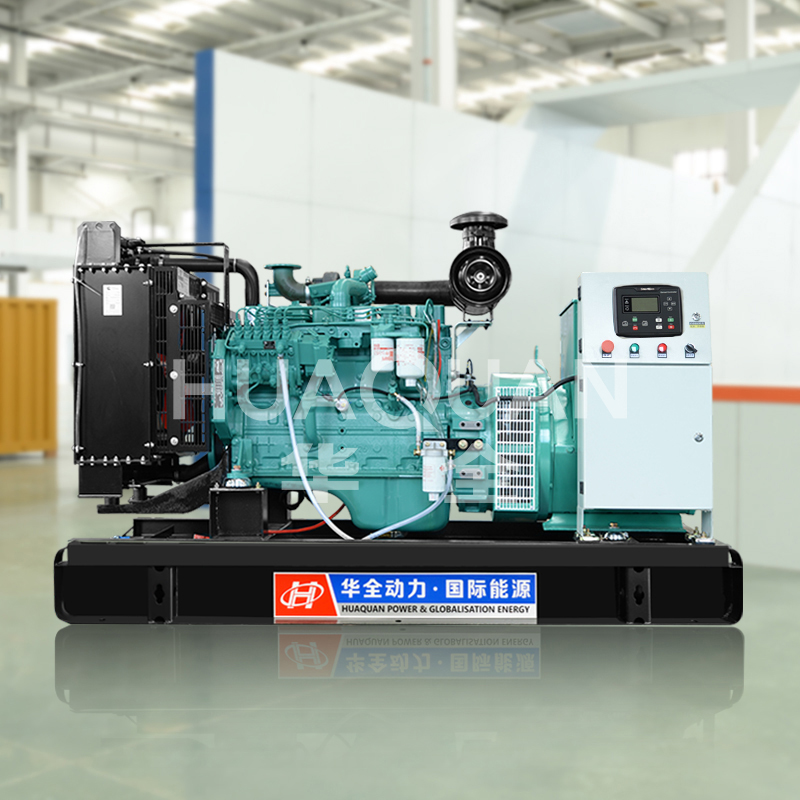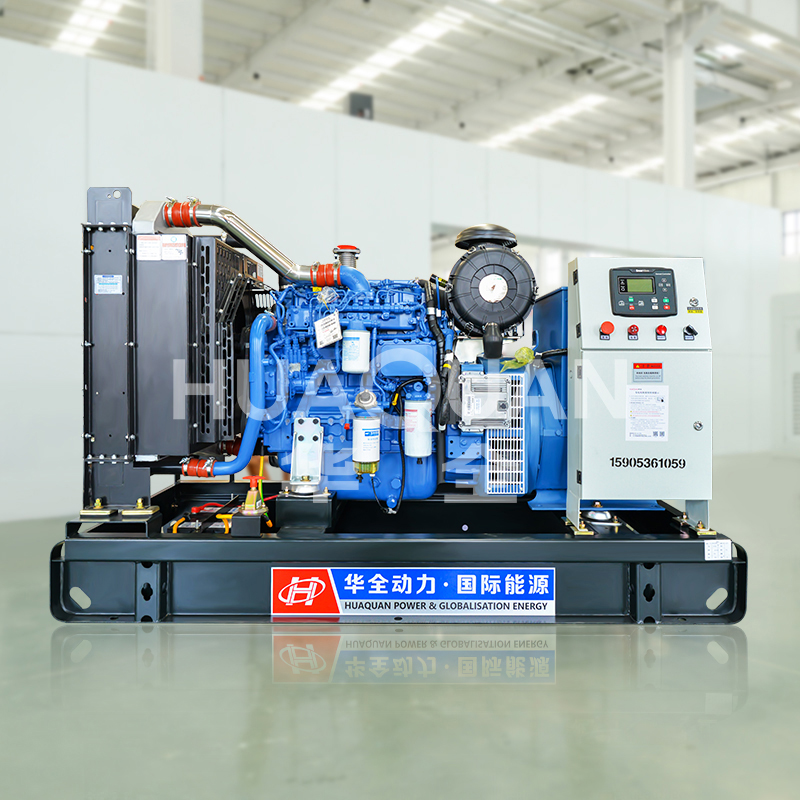Diesel generator sets are reliable power sources for various applications, but extreme heat can affect their performance and longevity. To ensure safe and efficient operation during hot weather, users must take special precautions. Below are key considerations when operating a diesel generator set in high temperatures.
1. Ensure Proper Ventilation and Cooling
High ambient temperatures can cause diesel generator sets to overheat, leading to reduced efficiency and potential engine damage. Always operate the unit in a well-ventilated area, ensuring that cooling systems (such as radiators and fans) are clean and unobstructed. Regularly check coolant levels and top up if necessary.
2. Monitor Fuel Quality and Storage
Heat can accelerate fuel degradation, leading to clogged filters and poor combustion. Use high-quality diesel fuel and store it in a cool, shaded location to prevent evaporation and contamination. If the generator set remains idle for extended periods, consider adding fuel stabilizers to maintain optimal performance.
3. Optimize Load Management
Running a diesel generator set at maximum capacity in high temperatures increases the risk of overheating. Avoid overloading the unit and distribute power demand evenly. If possible, schedule heavy power usage during cooler parts of the day to reduce strain on the system.
4. Perform Frequent Maintenance Checks
Hot weather accelerates wear and tear on engine components. Inspect belts, hoses, and electrical connections regularly for signs of cracking or corrosion. Change engine oil and filters at shorter intervals to ensure proper lubrication and cooling under high-temperature conditions.
5. Protect Against Dust and Debris
Dust and debris can clog air filters and reduce cooling efficiency, especially in arid or windy environments. Clean or replace air filters frequently and ensure the generator set’s enclosure remains free of obstructions.
6. Allow for Proper Shutdown and Cooling
After extended operation, let the diesel generator set idle for a few minutes before shutting it down. This allows the engine to cool gradually, preventing thermal stress on critical components. Avoid immediate restarting if the unit has been running under heavy load.
Operating a diesel generator set in high-temperature conditions requires extra attention to cooling, fuel quality, and maintenance. By ensuring proper ventilation, monitoring fuel stability, and conducting regular inspections, users can enhance performance and extend the lifespan of their equipment. Following these precautions helps maintain reliable power supply even in extreme heat.








